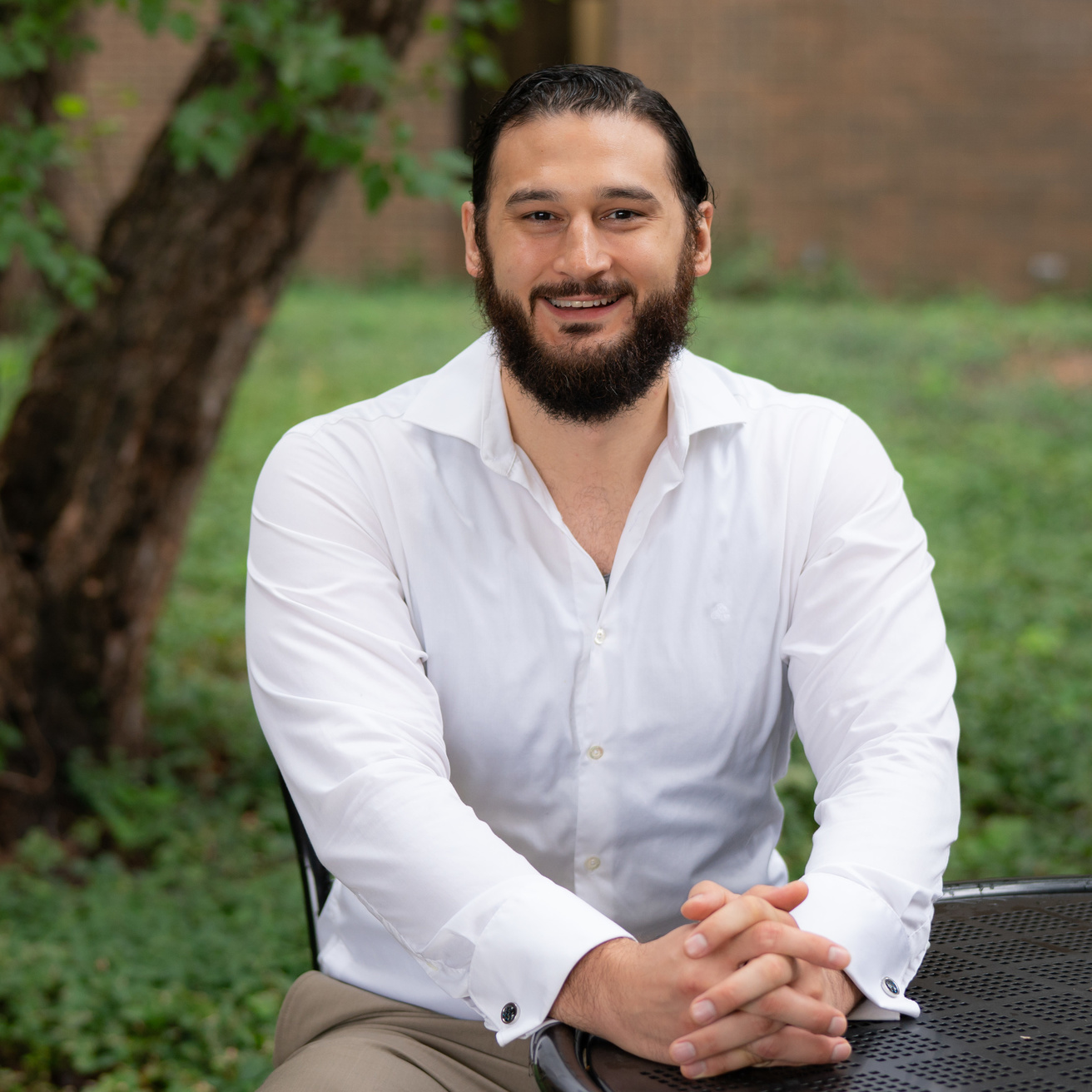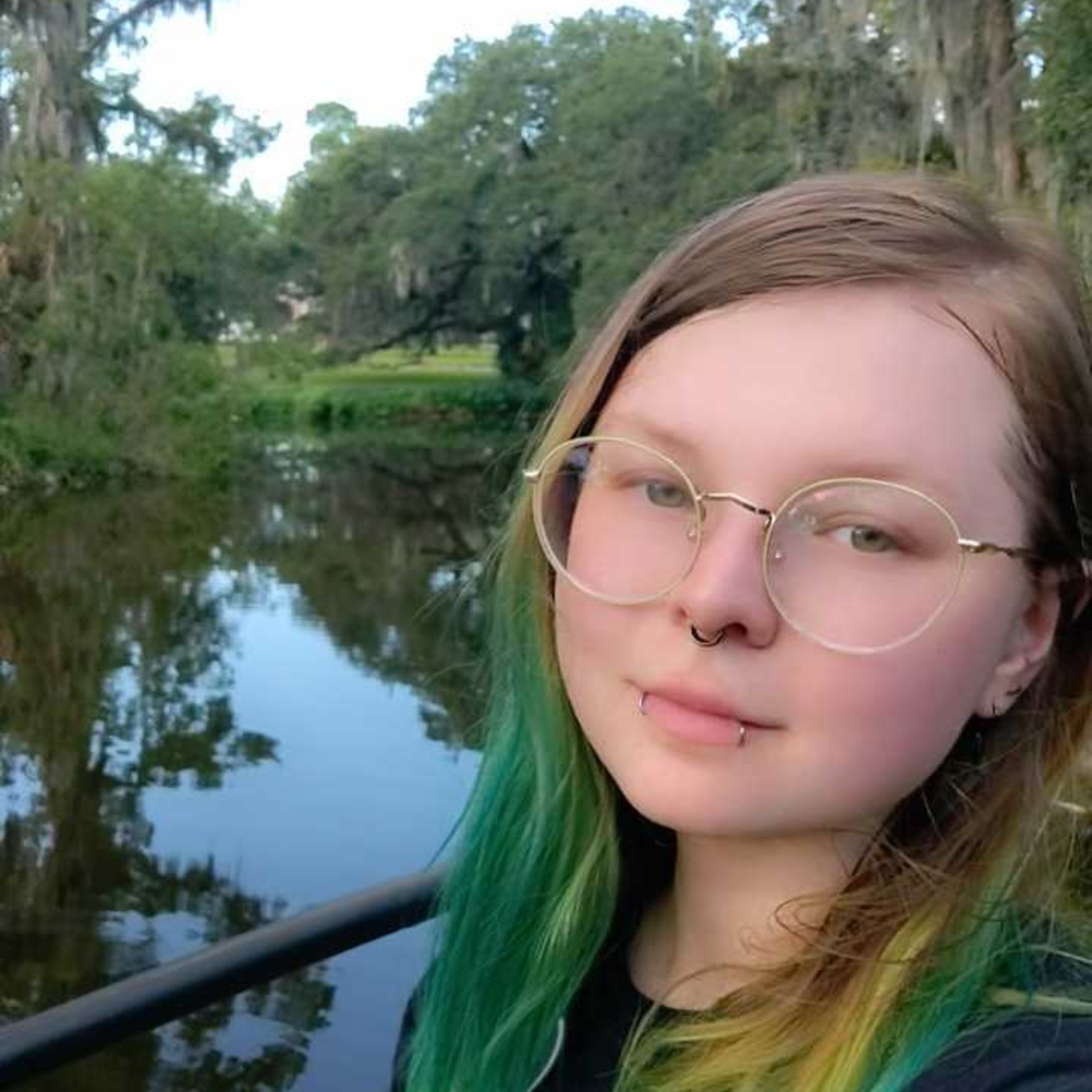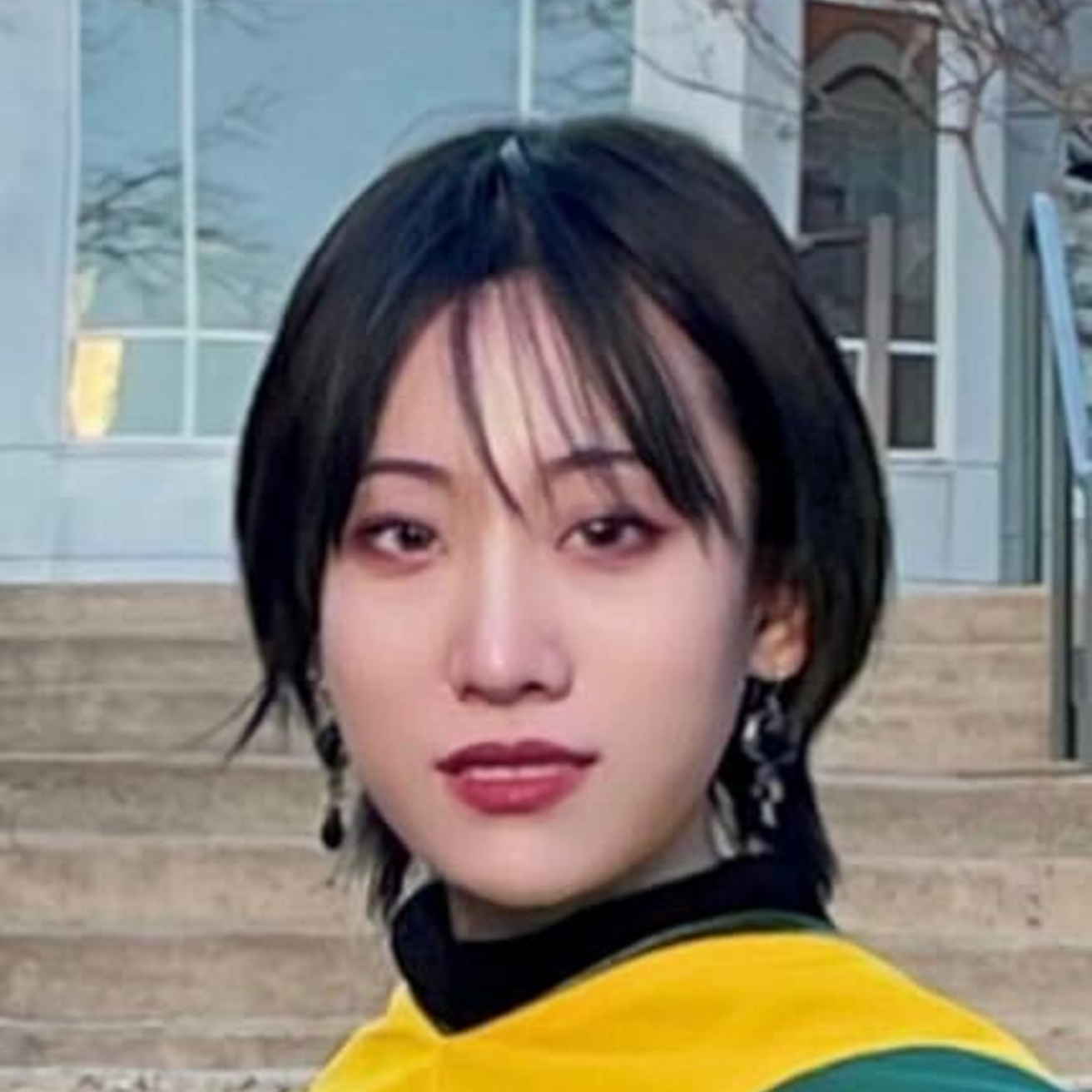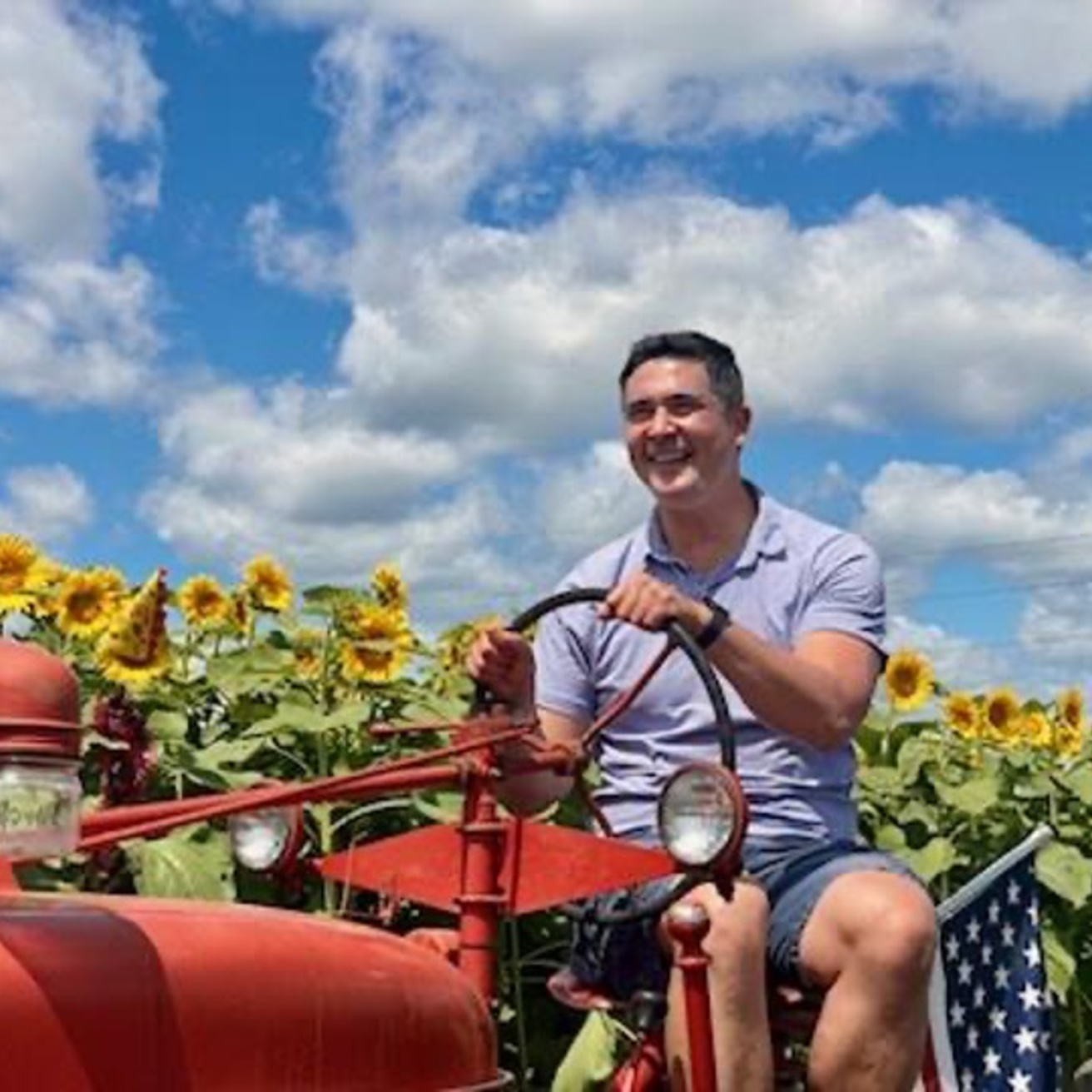
Mathew Lira, PhD
Dr. Matthew Lira was born in San Diego, CA, and grew up in Indiana – just outside of Chicago, IL. He developed an intense interest in human origins as a child and these interests led him to pursue an undergraduate degree in biology with minors in anthropology and chemistry. While pursuing his BS at Ball State University, he earned the opportunity to complete an Undergraduate Research Experience under the guidance of Dr. Derron Bishop where he conducted confocal and electron microscopy to image synapse elimination during development and disease in a mouse model. This research experience – in concert with a TA opportunity in physiology – led him to develop an interest in how people learn. After completing a curriculum design internship at the Chicago Academy of Science’s Peggy Notebaert Nature Museum and working as a teaching assistant at a pre-school for children with special needs, Dr. Lira completed his MA and PhD at Northwestern University and University of Illinois at Chicago, respectively. There, he trained underneath Dr. Mike Stieff where he completed chemistry education research projects on spatial reasoning and embodied learning. His dissertation focused on knowledge analysis and the design and use of computational tools like NetLogo to support physiology students’ learning to coordinate their knowledge of mathematical and physical models of biological cells. Upon graduating, Dr. Lira completed a post-doctoral fellowship in the Biological Sciences with fellowship support from Dr. Stephanie Gardner at Purdue University. He then taught a Psychology of Science and Technology course abroad at Koc University in Istanbul, TR. Since, 2018 he has worked at the University of Iowa where he teaches courses in the Learning Sciences, such as Cognitive Theories of Learning. Among other accomplishments, he is the PI of a major NSF grant (award #2202468) where he collaborates with Drs Ozlem Ece Demir Lira (Iowa) Robb Lindgren (Illinois), and Kesh Thenkurussi (Albany) to design, implement, and evaluate the use of haptic technologies to guide undergraduate students’ understanding of complex computational simulations that model biological cells. Students interested in working with Dr. Lira may contact him via email (matthew-lira@uiowa.edu).
Michala D Cox
Michala Cox is a Doctoral Candidate in Learning Sciences and Educational Psychology program. She received her Bachelor’s degree in psychology from Central College in Pella, Iowa in 2018. While pursuing her undergraduate degree, she earned the opportunity to study at the University of Iowa under Dr. Ben DeVane as part of the Summer Research Opportunities Program provided by the Big Ten Academic Alliance. Her work investigating play-based parent-child interaction received the Outstanding SROP Scholar Award. For the first three years of her graduate training, Michala worked on an NSF-funded research project in a children’s museum designing, implementing, and studying how families learn about science in a new exhibit centered around the physics of skateboarding. Her research interests grew and evolved to a focus on parent-child interaction and exhibit design.
Michala’s dissertation aims to capture and characterize causal reasoning behavioral patterns amongst parents and their young children as they occur naturally through play in a science center. She is specifically interested in identifying what features of exhibit design may drive meaningful scientific conversations and joint play.
Michala and her husband, Taylor, have three boys – Hudson, Cooper, and Dallas, and one girl, Chloe (a golden retriever). As a family, they love being active outside.
Contact info: michala-brand@uiowa.edu

Sam Clingan-Siverly, B.S.
Sam (they/them) is a first-generation graduate student pursuing their PhD in the Learning Sciences and Educational Psychology. They received their Bachelor of Science degree in Psychology at Iowa State University. They have an interest in learning, with a focus on the nature, function, and underlying mechanisms associated with hand gesture. They are specifically drawn to how gesture can assist cognitive processes and skills, such as spatial reasoning and representational competence. In previous years, they have studied embodied cognition abroad, assisted with research projects surrounding learning, memory, explanatory feedback, gesture, and spatial cognition.
In their free time they enjoy spending time with their three cats, gardening, hiking, sailing, and any and all things related to gaming.
Contact info: samara-clingan-siverly@uiowa.edu

Minzhi Liu, M.S.

Mahsa Rahmati, M.S.
Mahsa Rahmati is a PhD student at the University of Iowa, specializing in Learning Sciences and Educational Psychology. She is deeply engaged in exploring the intersection of emotional dimensions and intellectual humility in learning under discomfort.
Prior to her doctoral studies, Mahsa completed her master’s degree in educational psychology at Alzahra University in Tehran, Iran, where she investigated the efficacy of computer cognitive games in enhancing the cognitive skills of sixth-grade students.
Mahsa brings a wealth of teaching experience to her academic pursuits, having worked as a teacher for about 10 years.
Outside of her academic pursuits, she is an avid enthusiast of outdoor activities, particularly running, cycling, and swimming. She finds solace and inspiration in the rhythm of these activities, which not only contribute to her physical well-being but also provide moments of reflection and clarity that enhance her scholarly endeavors.
Contact info: mahsa-rahmatimasouleh@uiowa.edu

Karthikeyan Manikandan, M.S.
Karthikeyan Manikandan is currently pursuing a doctorate in Learning Sciences and Educational Psychology at the prestigious University of Iowa. He holds a bachelor's degree in Electronics and Instrumentation Engineering from Anna University, Chennai, India and a masters degree in Biomedical Engineering from Arizona State University. Karthikeyan's dedication to academic excellence is manifest in his endeavor to blend his biomedical insights with principles of educational psychology, thereby enhancing the efficacy of learning methodologies. Currently he is serving as a Graduate Teaching Assistant for the Chemistry 1070 course. He also gained hands-on experience in healthcare by working as a Nursing assistant at University of Iowa Healthcare (UIHC) during the summer of 2024. Karthikeyan created the Lira Learning Lab website.
Contact info: karthikeyan-manikandan@uiowa.edu

Phillip Dixon, M.S.
Phillip is a PhD student in the Learning Sciences and Educational Psychology program at the University of Iowa. He holds an Associate of Science in engineering degree from Bristol Community College, Bachelor of Science in civil engineering degree from the University of Massachusetts Amherst, Master of Engineering in environmental engineering degree from Cornell University, masters of makeup degree from the Cinema Makeup School, and Master of Science in civil engineering degree from the University of South Florida. He has taken various graduate environmental engineering courses at the University of Iowa. His research focuses on developing K-12 educational programs to help students with learning disabilities prepare for accredited postsecondary engineering educations. Accredited postsecondary educations are required for obtaining engineering licenses in the USA.
Contact info: phillip-dixon@uiowa.edu